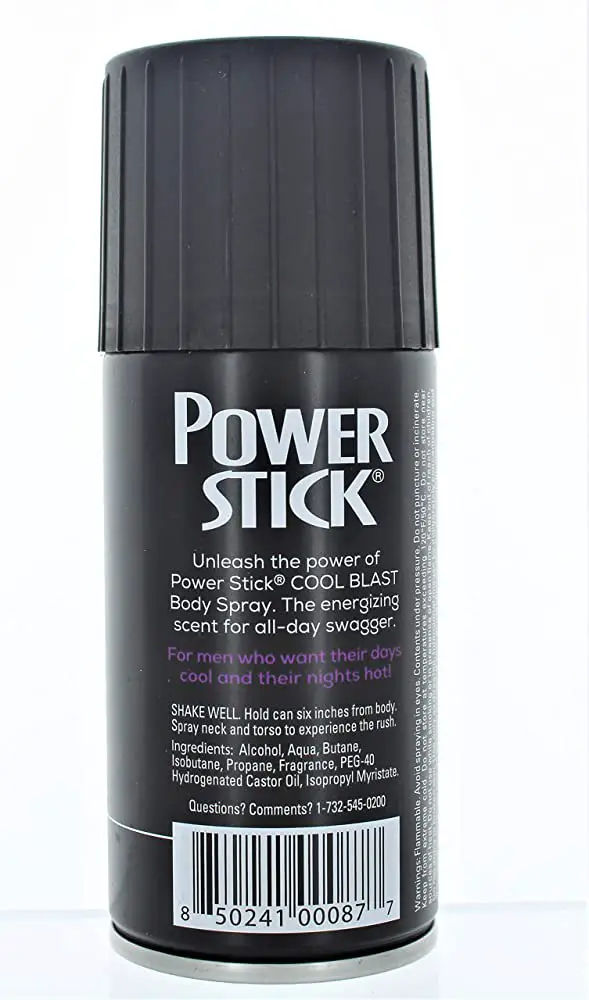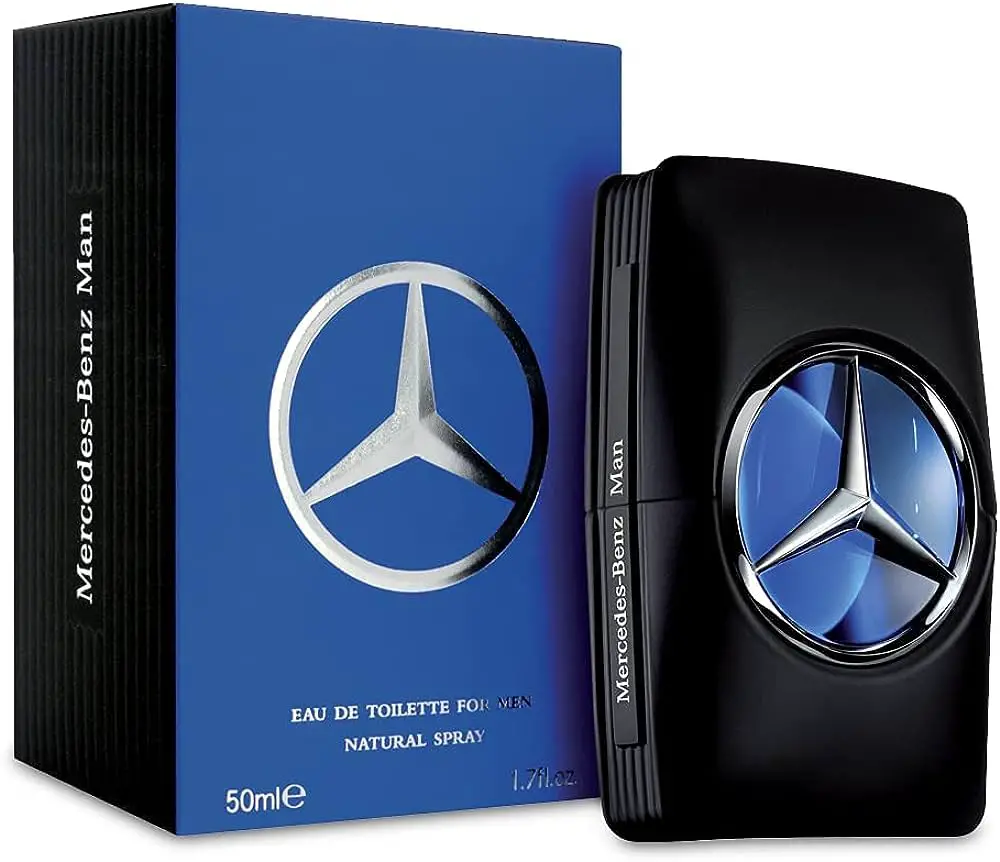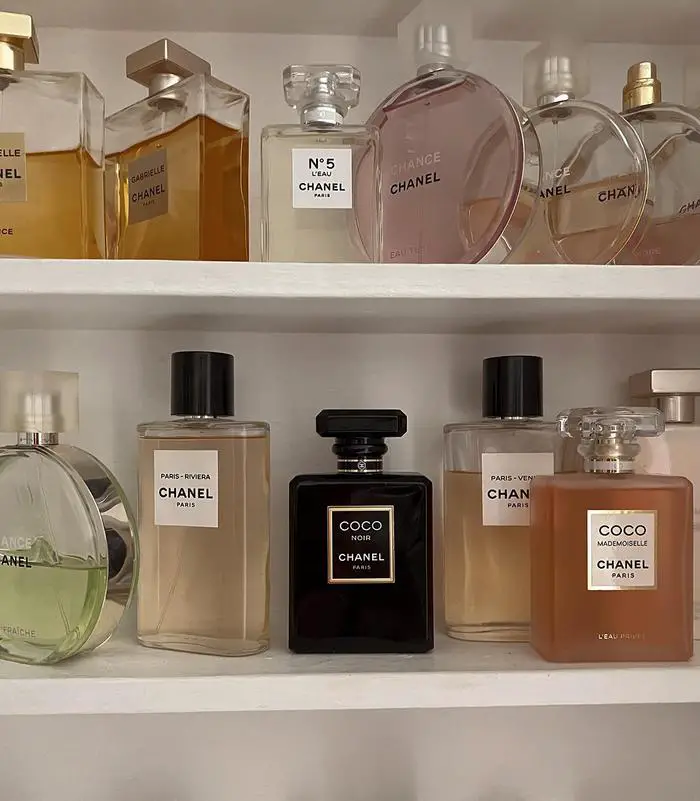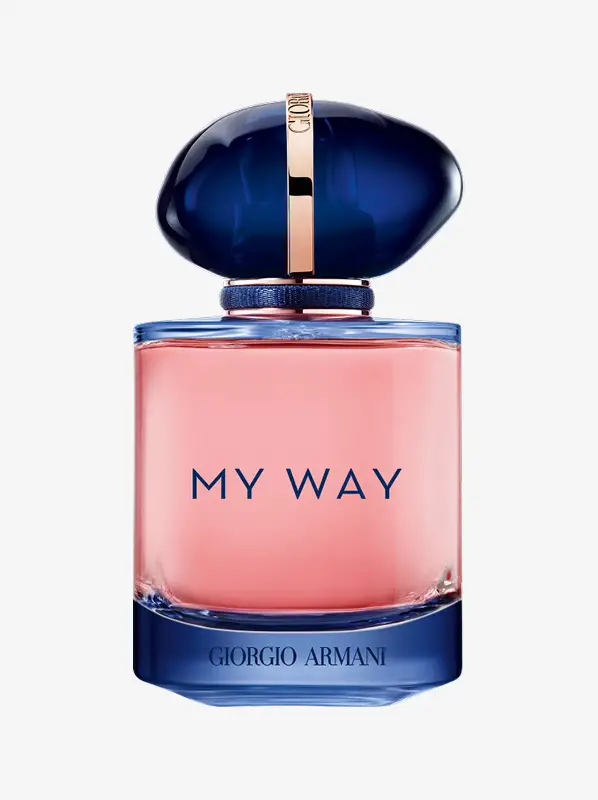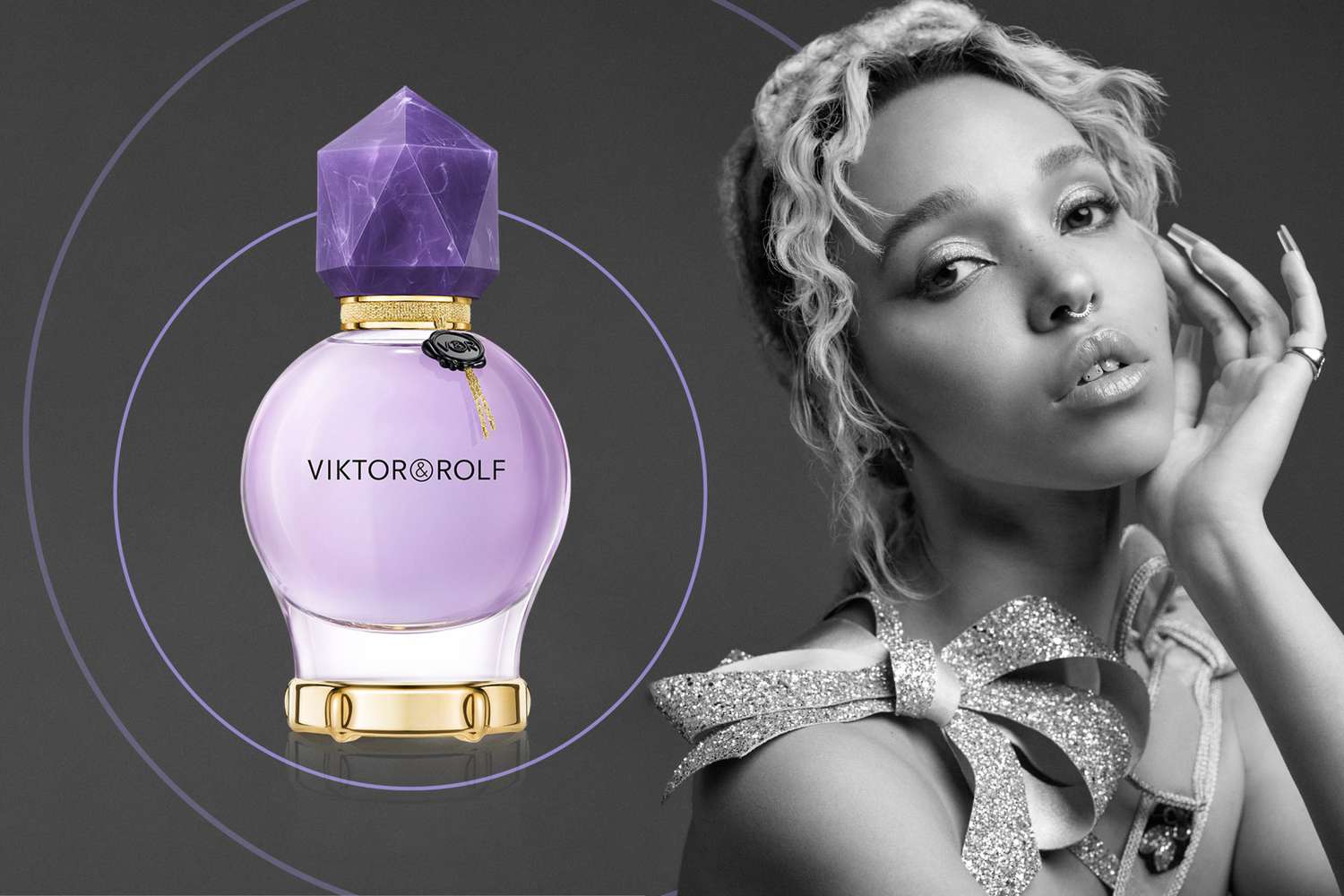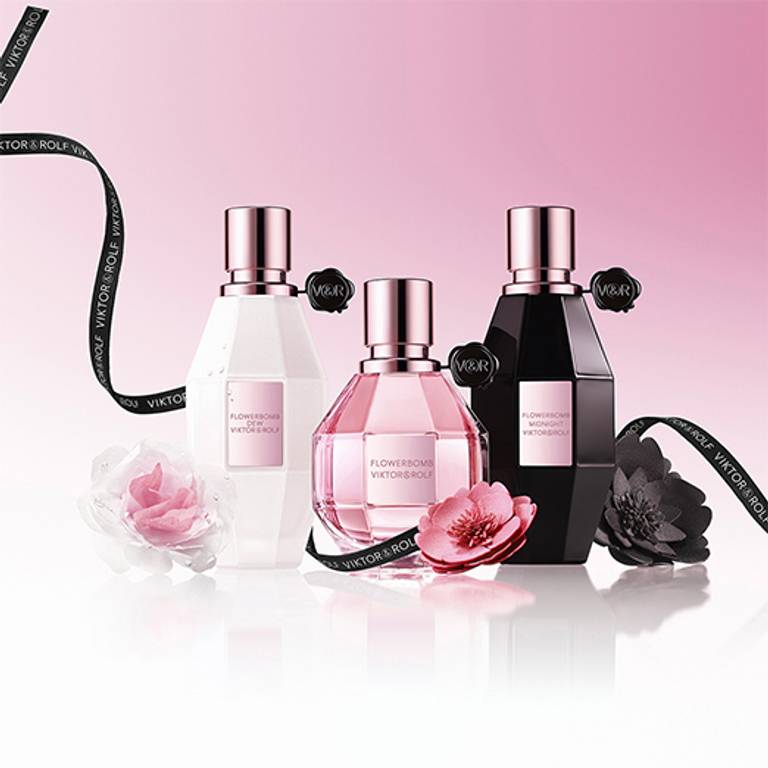Creating your own perfume is not only a sensory journey but can also be a rewarding entrepreneurial venture. In this guide, we will explore the steps to make your unique fragrance and delve into the exciting possibilities of selling your creation.
Crafting Your Signature Perfume:
1. Understanding Fragrance Notes:
- Perfumes consist of top, middle, and base notes. Learn about the characteristics of each note to create a harmonious blend.
2. Gathering Ingredients:
- Source high-quality essential oils, fragrance oils, and alcohol as the base. Experiment with various scents to find your unique combination.
3. Creating the Blend:
- Start with the base notes, then add middle notes, and finish with top notes. Experiment with ratios until you achieve the desired fragrance.
4. Allowing Maturation:
- Let your perfume blend sit for a few weeks to allow the scents to mature and harmonize.
5. Bottling and Packaging:
- Choose attractive and functional packaging for your perfume. Design labels and branding that reflect the essence of your fragrance.
Venturing into Perfume Entrepreneurship:
1. Market Research:
- Understand the perfume market, identify your target audience, and analyze competitors to carve a niche for your product.
2. Legal Considerations:
- Ensure compliance with regulations. Research and adhere to local laws regarding the production and sale of perfumes.
3. Online Presence:
- Establish an online presence through a dedicated website and social media. Showcase your story, the uniqueness of your perfume, and engage with potential customers.
4. Collaborations and Partnerships:
- Explore collaborations with local boutiques or online marketplaces to expand your reach.
5. Customer Feedback and Adaptation:
- Gather feedback from customers and be open to tweaking your perfume based on market preferences.
Frequently Asked Questions (FAQs):
Q1: Can I make my perfume without using alcohol?
A1: While alcohol is a common base, alternatives like carrier oils or glycerin can be used for alcohol-free options. Keep in mind that the longevity and evaporation rate may differ.
Q2: How long does it take for a perfume to mature?
A2: Perfumes typically need a maturation period of 2-4 weeks. This allows the different notes to blend and develop a well-rounded fragrance.
Q3: Do I need formal training to start selling my perfume?
A3: Formal training is not mandatory, but understanding the basics of perfumery can be beneficial. Experimentation, research, and a passion for scents are key.
Q4: What are the legal considerations for selling homemade perfume?
A4: Research local regulations on cosmetics and fragrance production. Compliance with labeling, ingredient disclosure, and safety standards is crucial.
Q5: How do I market my perfume effectively?
A5: Utilize social media platforms, collaborate with influencers, and create an engaging brand story. Emphasize the unique aspects of your perfume to attract customers.
Embarking on the journey of creating and selling your own perfume is a delightful blend of creativity and entrepreneurship. Follow these steps, stay true to your vision, and let your signature fragrance leave an indelible mark in the world of perfumery.


